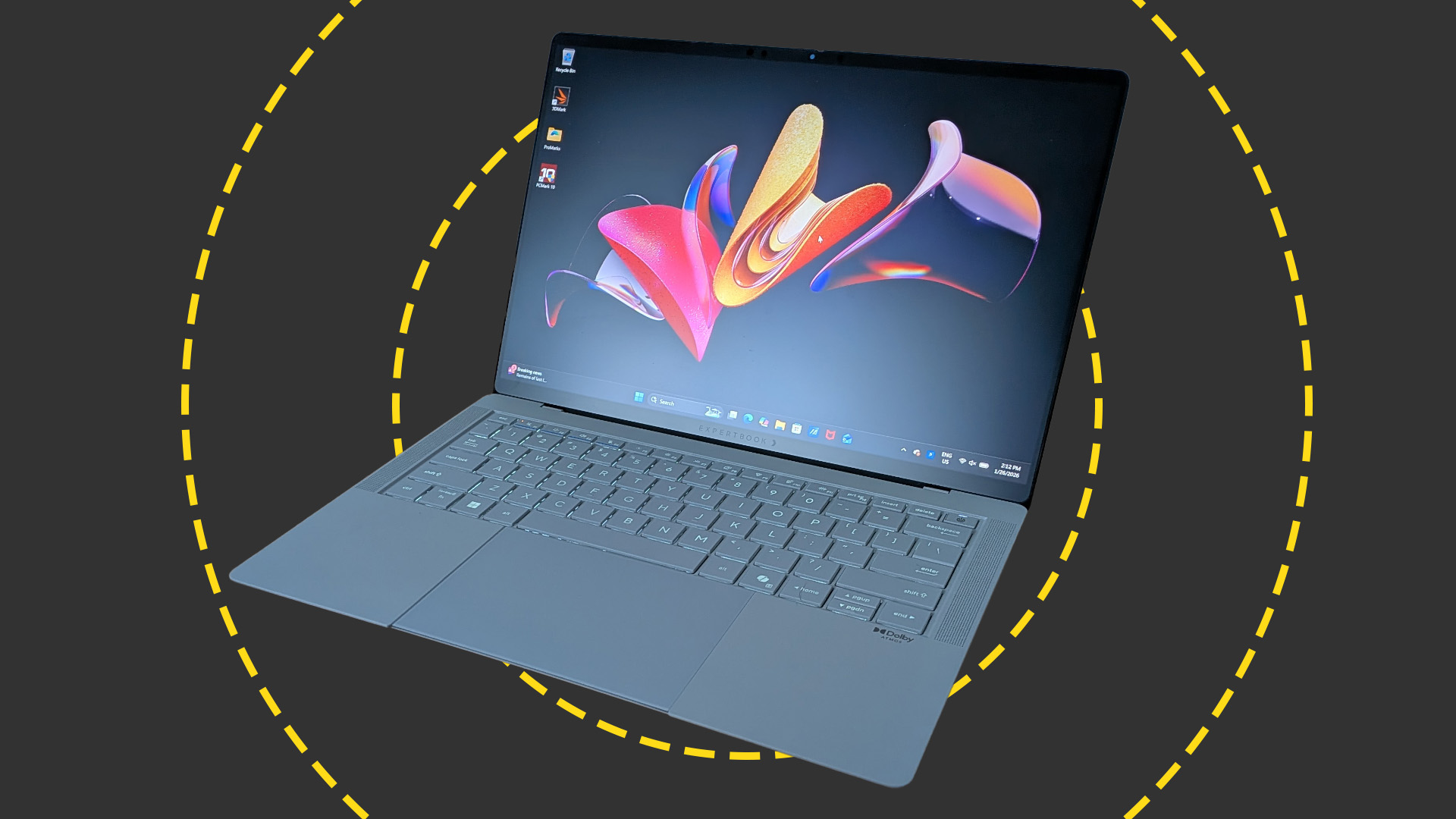Government slammed for using Charlie Hebdo attack to revive Snoopers Charter
The ICO and ISPA hit out at Government's attempt to use Paris attacks to push for more surveillance powers
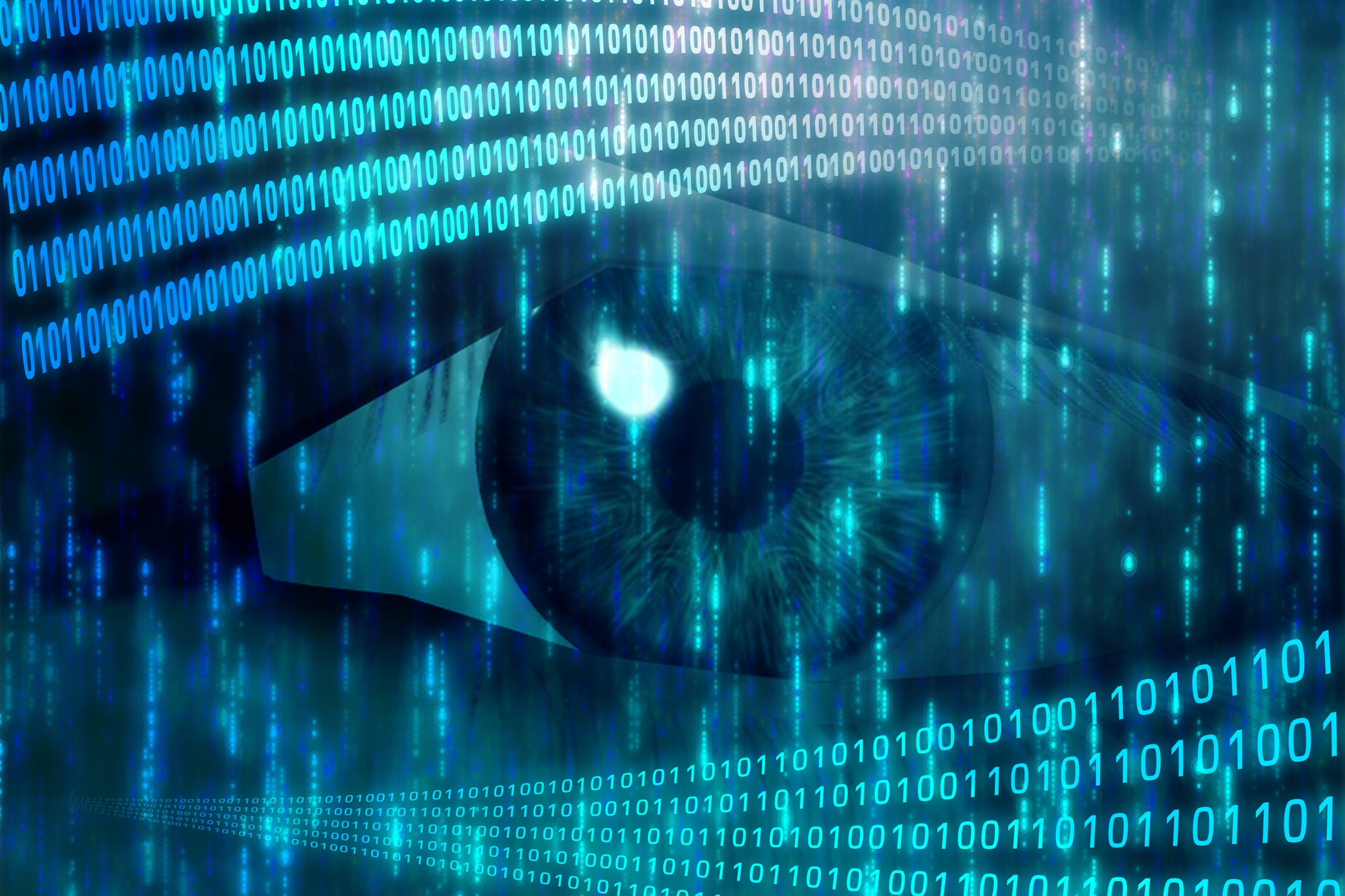
The Government needs to keep a "cool head" about how much access the security services should have to people's private data, in the wake of last week's Paris shootings.
That's according to Christopher Graham, the UK's Information Commissioner, who warned the Government off making any rash decisions about curtailing the use of encrypted online services for surveillance purposes.
"We need cool heads to analyse carefully what information the security services had access to [in the run up to the shootings] and how they used it before necessarily concluding that we must give [the powers that be] access to more and more of our private information," he said during a speech marking the 125th Roscoe Lecture at Liverpool's John Moores University.
"We must avoid knee-jerk reactions. In particular, I am concerned about any compromising of effective encryption for consumers of online services."
His comments follows the news earlier this week about the Prime Minister's plans to stop people using encrypted messaging services, such as WhatsApp and iMessage, on anti-terrorism grounds.
As reported by IT Pro yesterday, David Cameron said he would not hesitate to legislate against the use of these services, should his party remain in power beyond the 2015 General Election.
Graham went on to say that offering encryption to users of online services is an essential step in the fight against cybercrime, but accepts these services could be exploited by people who use them to operate under the radar.
Sign up today and you will receive a free copy of our Future Focus 2025 report - the leading guidance on AI, cybersecurity and other IT challenges as per 700+ senior executives
That's why a healthy balance must be struck between protecting the privacy of individuals, and the public interest in keeping tabs on people's online activities.
"In matters of security, we surely need an effective, American-style Privacy and Civil Liberties Oversight Board or the equivalent to find the right balance," he added.
The ICO isn't the only industry body concerned by the push to give the intelligence services greater online surveillance powers since the attack on offices and staff of French satirical magazine Charlie Hebdo.
In a statement, Nicholas Lansman, secretary general for the Internet Service Providers Association (ISPA), said doing so would be the "easy way out" for politicians.
Particularly those intent on using the attacks to make a renewed push to introduce the controversial Communications Data Bill, AKA The Snoopers Charter.
"Existing legislation already allows for suspects' communications to be intercepted via a warrant, and the retention of communications data, which is already being retained in the UK, would also have been available to the intelligence services and the police under the existing RIPA process," Lansman added.
"While the draft Communications Data Bill would have provided access to broader data set, it is questionable whether it would have helped to prevent the incidents in Paris and the industry and UK citizens should be provided with a clear justification for why the Bill is needed now."
-
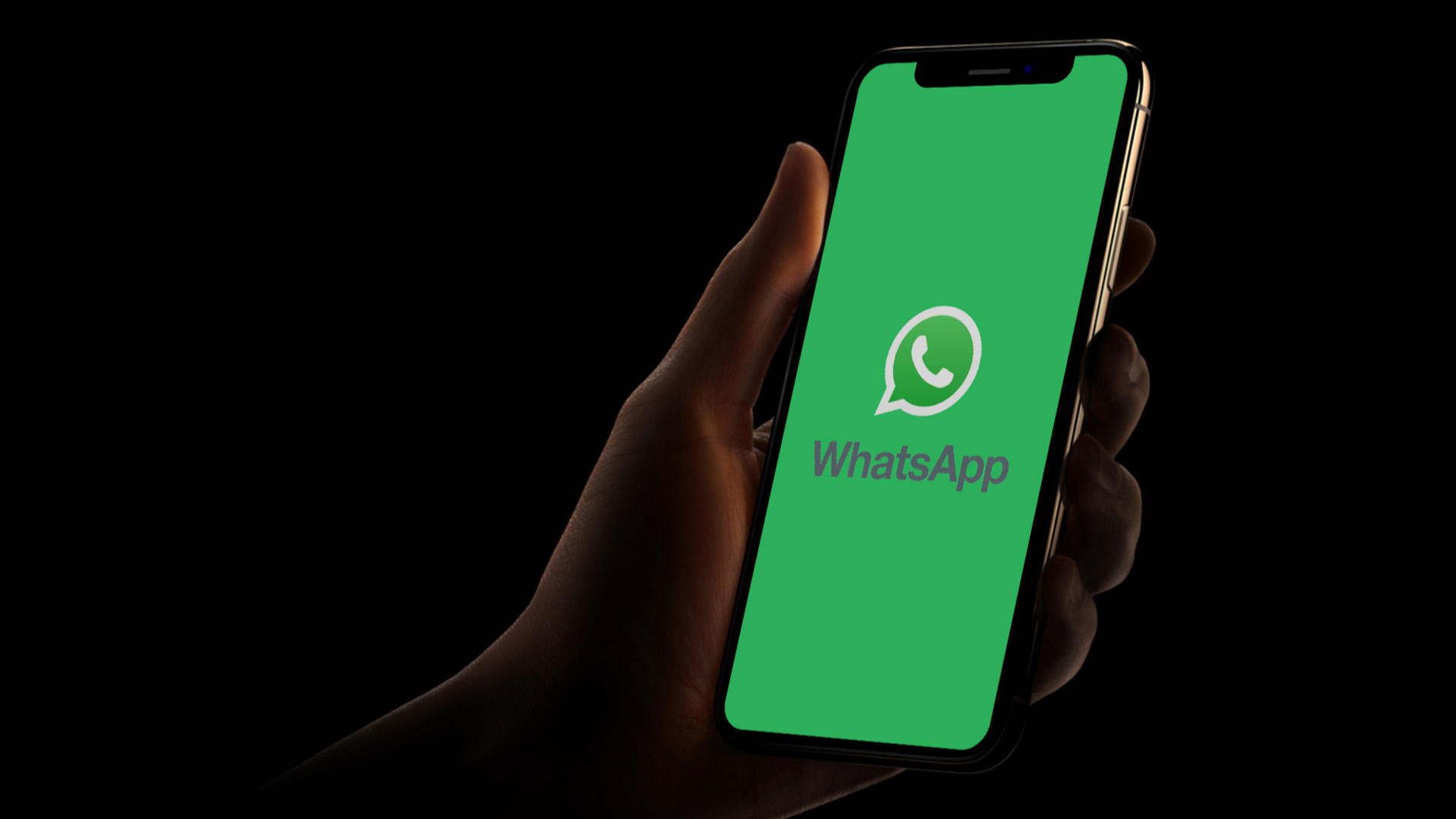 WhatsApp to combat internet blackouts with proxy server support
WhatsApp to combat internet blackouts with proxy server supportNews The newest version of the communication platform offers a new way to bypass state-imposed internet limitations, but concerns remain over IP visibility
-
 WhatsApp secures permission to challenge €225 million GDPR fine
WhatsApp secures permission to challenge €225 million GDPR fineNews The company has been granted the power to challenge Ireland’s fine over the way it shares user data
-
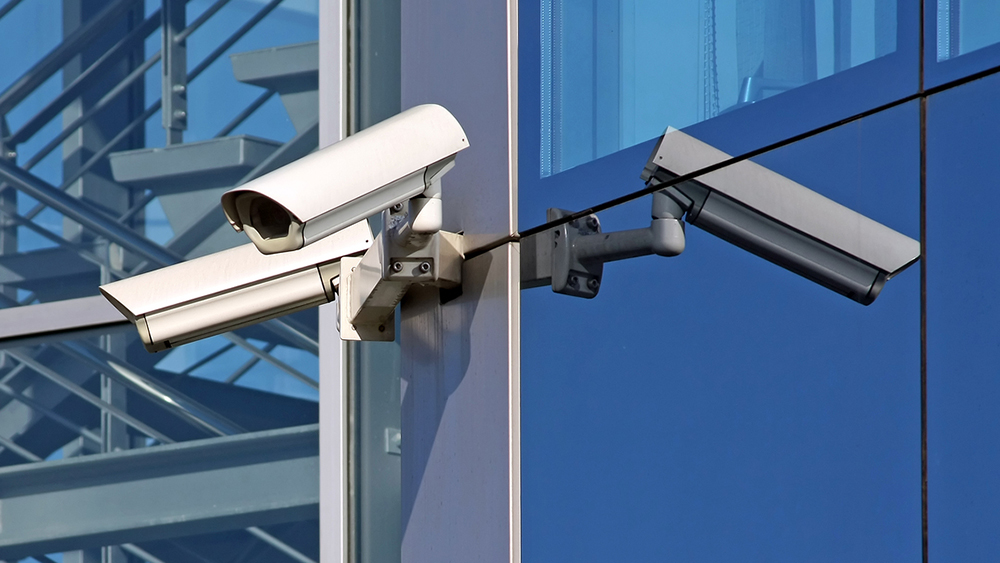 US to ban surveillance software exports to authoritarian governments
US to ban surveillance software exports to authoritarian governmentsNews Commerce dept to prevent US companies from selling tools to hack people
-
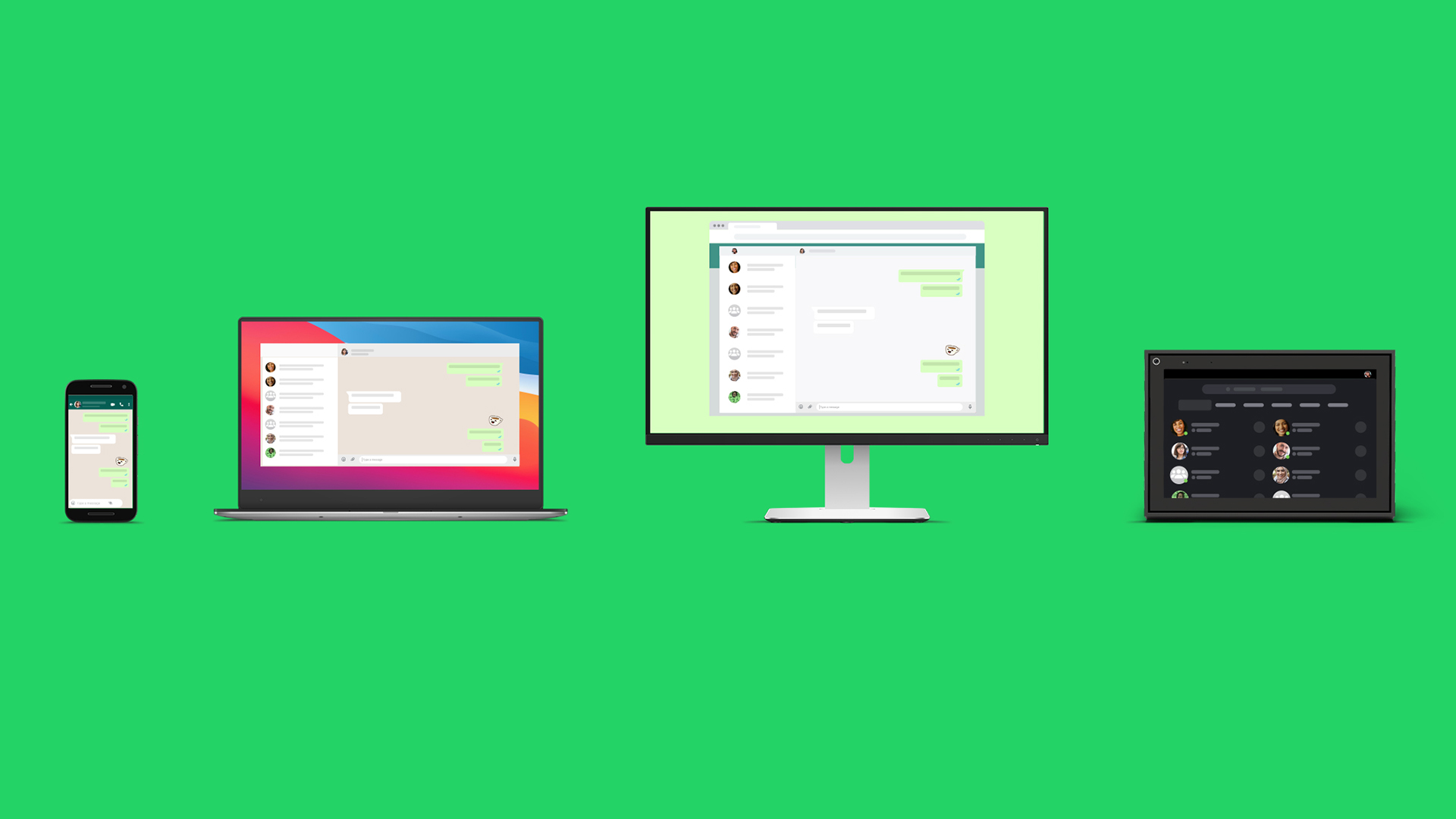 WhatsApp launches multi-device beta with support for end to end encryption
WhatsApp launches multi-device beta with support for end to end encryptionNews An infrastructure change means up to four devices can be attached to a single account without compromising security or privacy, company claims
-
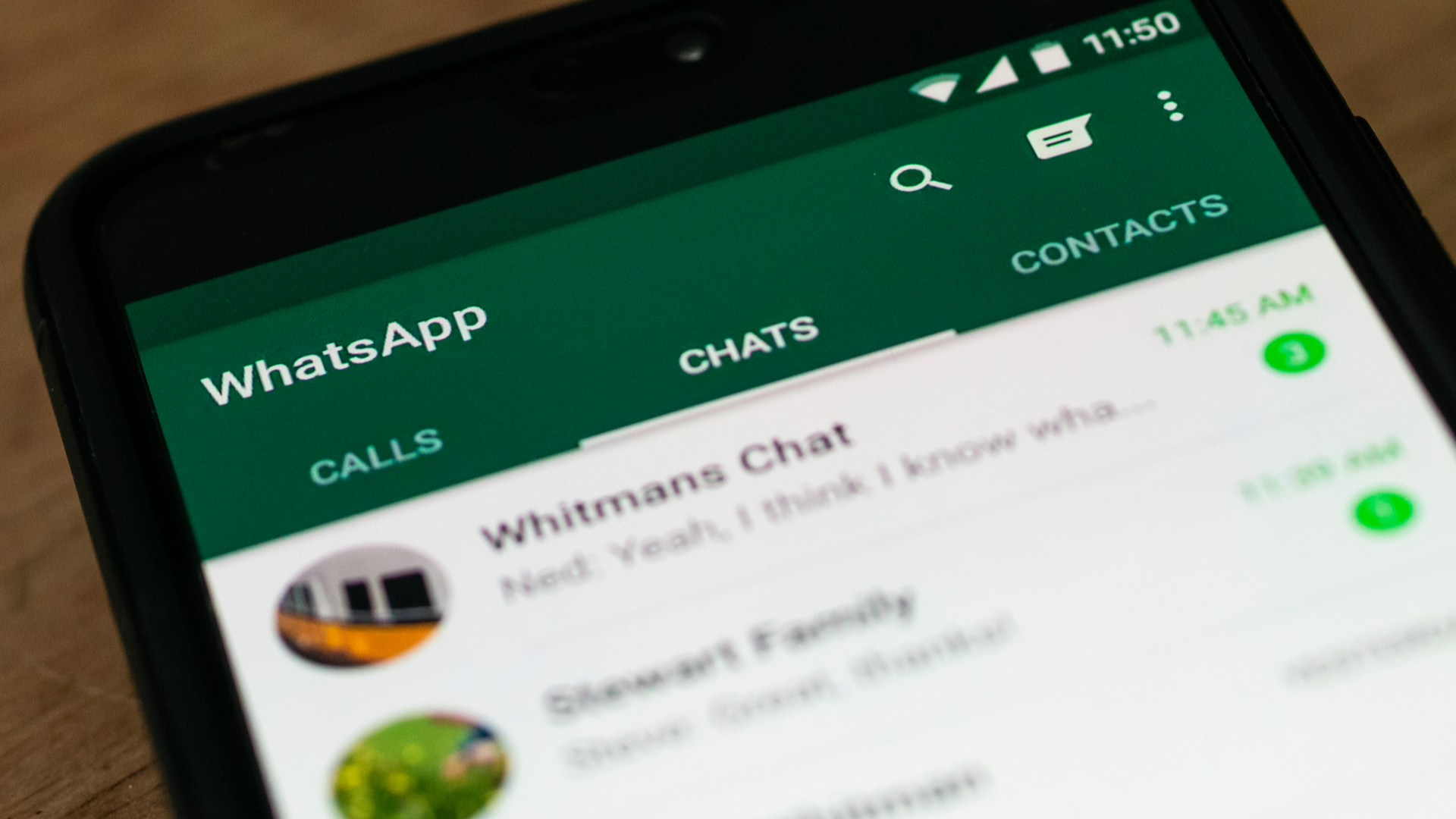 Hackers are using fake messages to break into WhatsApp accounts
Hackers are using fake messages to break into WhatsApp accountsNews Hackers are posing as friends to gain users' trust
-
 WhatsApp flaw leaves users open to 'shoulder surfing' attacks
WhatsApp flaw leaves users open to 'shoulder surfing' attacksNews Hackers can gain full access to individual’s WhatsApp accounts using just their phone number
-
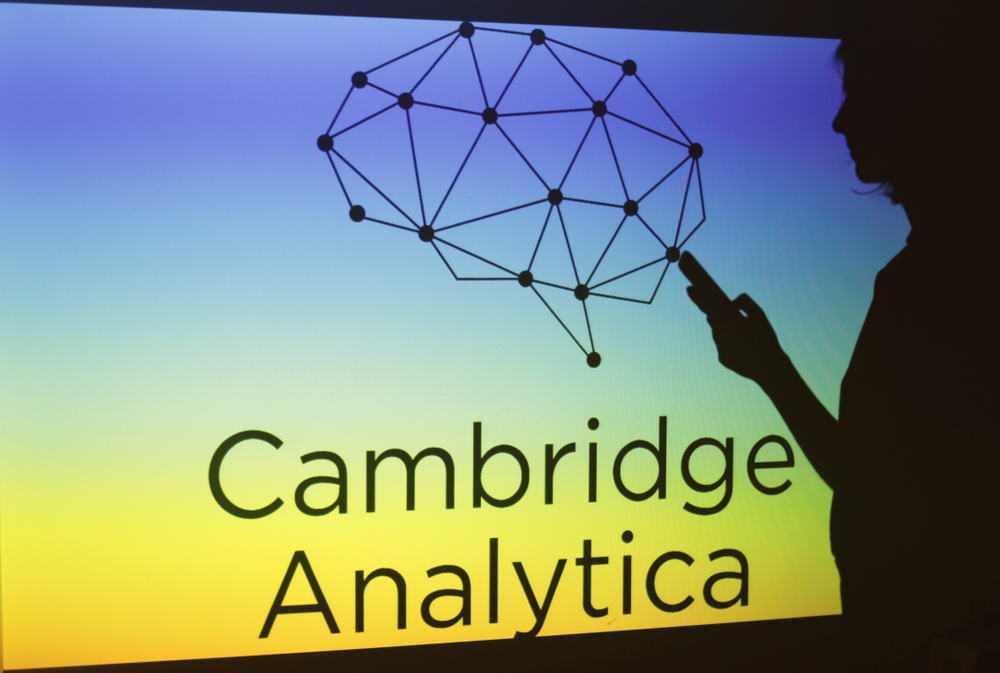 Cambridge Analytica: US Congress probes data firm set up by ex-Cambridge Analytica employee
Cambridge Analytica: US Congress probes data firm set up by ex-Cambridge Analytica employeeNews Congress wants to know whether it's collecting data from apps or using data brokers
-
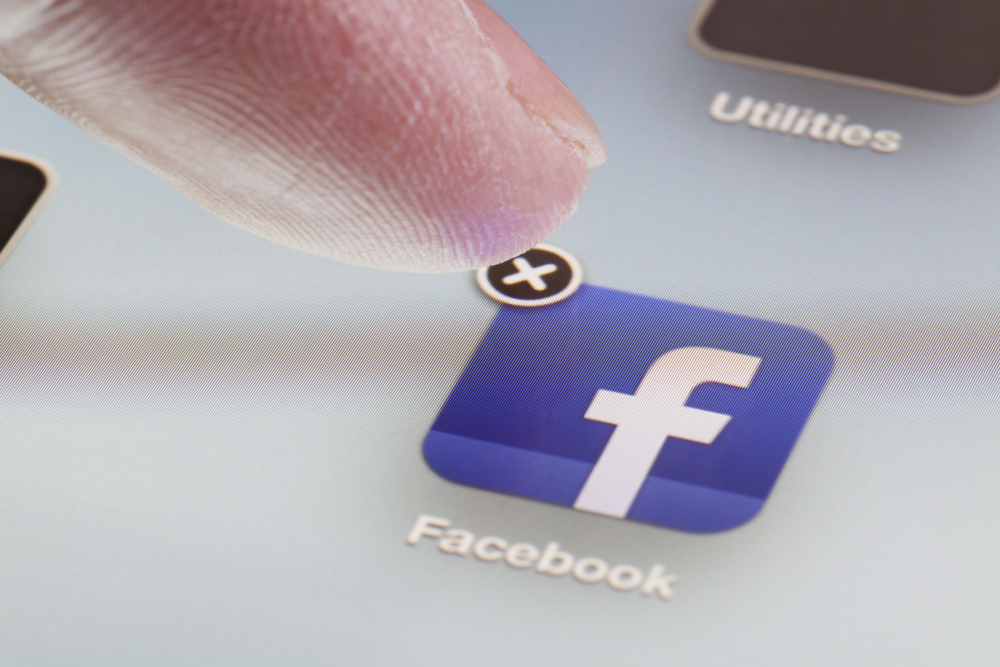 WhatsApp co-founder tells Facebook users to delete their accounts
WhatsApp co-founder tells Facebook users to delete their accountsNews Brian Acton joins ‘deletefacebook’ calls
